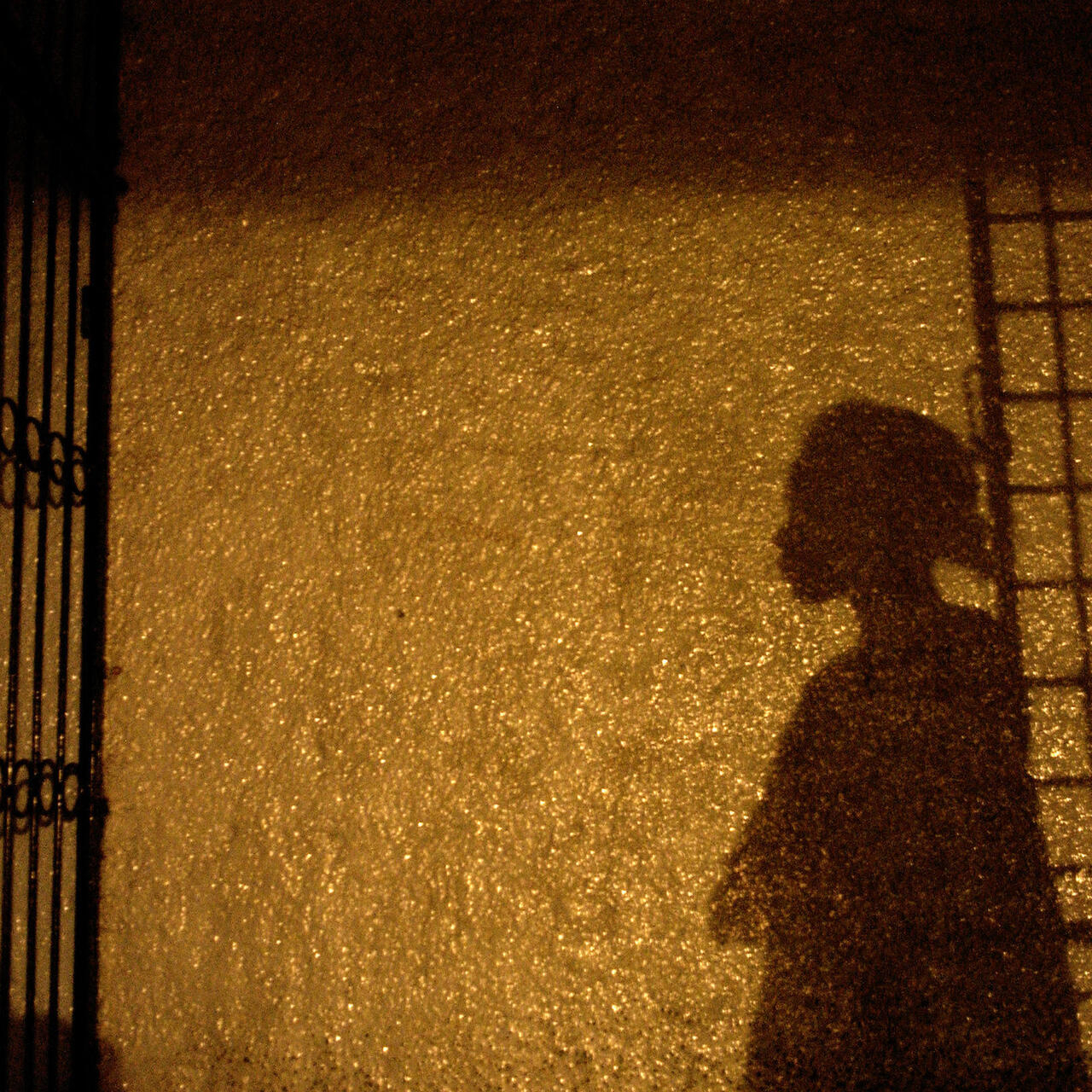THE dream of two Zimbabwean women of changing their fortunes and living a better life turned into a nightmare when they went to the Middle East.
Having been promised the latest Iphones, vacations on beaches and new clothes every week, the pair thought they had finally found gold.
For Sarah Moyo, 46 (not her real name) the thought of finding such a job was “heaven on earth” as she spent the Covid-19 lockdowns surviving on piece jobs.
Moyo’s desperation to take care of her children drove her to join a WhatsApp group, where a lady called Grace, who resides in Chitungwiza, offered her a job to work as a maid in the Middle East, claiming to be in touch with a Burundian agent with direct links to the Arab countries.
Her visa processing was swiftly done after producing fake medicals and Covid-19 tests. By March 10, 2022, everything was in place for her to travel.
“I was so excited; I could not believe it because it was my first time to board a flight. I borrowed money from my neighbour to print my documents because by that time my biological mother was seriously ill at Parirenyatwa Hospital, so all the money I had was being channelled to her medical bills,” she said.
“I was told that I will be a nanny, taking care of a two-year-old child. I said to myself ‘I am a mother, I know how to take care of kids, there is nothing much to worry about’. I packed my bags and left on the 12th of March. Some people in the waiting room at Robert Mugabe International Airport warned me against going to the Middle East, but I did not listen because I was so convinced that this was a life-changing opportunity, which I had to grab with both hands,” she said.
Moyo arrived in Oman on the 13th of March and her sponsor came to pick her up at the airport.
Upon arrival she was shown a three-storey building with nine rooms per storey before being assigned house maid duties.
“I became worried because they told me that you are supposed to clean this house daily, clean pavements daily with detergents, broom and water. My sponsor said I do not want to see any soil in my yard and that I had to clean the pre-cast wall and gates daily with water and detergents,” Moyo said, as she failed to control her tears.
Three weeks down the line she was told to also do house chores at another house belonging to her boss’s sister for the same pay.
“When I left Zimbabwe, I was promised US$1 000 but for the two houses I was paid 800 Rial which is less than US$200. I asked my agent, I actually complained to her and she told my bosses that the work was too much. That very same day my bosses said give us your passport, if you bother reporting us to the Zimbabwean government you will die here,” Moyo said.
“I realised that if I bottle up what I was going through, I was going to die in Oman. They took my local travelling identity card and said you won’t leave this house. I made up my mind and went to a nearby doctor who did a scan for me and they found out that I had fibroids and my lungs were not functioning well. I took my scan documents and sent them to Mai Ruzive of Social welfare,” she added.
Swiftly her visa was processed and she came back on April 28, 2022 through government assistance.
Her case is similar to that of Shima Hove, 35 (not her real name), who left her job as an accountant at a family business in search of greener pastures in Oman.
“My sponsor came and took me to his rural home and introduced me to his family members and they welcomed me nicely.
“The way they were saying welcome to Oman was so heart-warming. After a few hours, I asked myself how am I going to do all the chores for 23 people alone. I did not know that when Arabs have a maid, everything should be done by a maid. They were changing their robes at least three times a day. I was doing laundry for more than six hours,” an emotional Hove said.
“I contacted my agent, I told him that this is not what I was promised. In Zimbabwe I was staying in town and here in Oman I am staying in a rural area. The job was overwhelming and there was no time to rest. I looked at myself and my degree and I said, this job is not good for me,” she said.
“I started to feel chest pains and I told them but they took me to a local doctor who did blood, urine and BP tests, they suspected that I was pregnant. The doctors’ recommendations were that my BP was too high and I was not supposed to eat spicy foods. We arrived home around 11am and I rested for a bit. Exactly 2am they woke me up and said we didn’t hire you to sleep, you can’t travel from Zimbabwe to come and sleep here in Oman, do your duties,” Hove said.
She said she was involved in a verbal fight with her employer after her agent confronted the employer and they said to her if she wanted to go back to Zimbabwe, she was supposed to reimburse them all their money they used for visa processing and flight ticket.
“They were threatening me daily that I should cut communication with my agent. They said he is dangerous; you will be abducted or die mysteriously. I called my mother and said if it is possible to sell anything that can raise US$2 500 and pay them back so that I can come back home,” she said emotionally.
Her parents raised the money and she came back to Zimbabwe this month.
“I cannot go back to where I was working, I am ashamed. No one is willing to share anything with me because when I left very few family members knew about it. I am desperate. I do not know how I will raise my son,” she said with tears on her face.
Centre for combating human trafficking acting Director at the Bindura University of Science Education Chamunogwa Nyoni said they were helping human trafficking victims by educating them so that they can be self-sustainable.
“It has been noted from research that we have undertaken that Zimbabwe is not only a source but transit and destination for human trafficking so as centre for combating human trafficking, we are trying to raise awareness on human trafficking issues so that together we can try to fight human trafficking.
“We have rolled out these campaigns in tertiary institutions, religious gatherings because we noted that these are places where a lot of people come through to discuss several issues. We also help those who are destined to the so-called greener pastures to see if the job opportunities are authentic,” Nyoni said.
“What we do at Bindura is we educate victims of human trafficking to start businesses through our (social science) faculty in conjunction with the faculty of commerce. We teach them on how best one can start a sole business, business ideas and finance management in a small-scale business,” he said.
Vukarun Trust director Gerald Shirichena said his organisation also support victims of human trafficking through rescuing them from across the globe and bringing them back to Zimbabwe.
“We raise awareness on human trafficking issues, we participate in rescue operations, we do background checks for people who have got jobs or scholarship opportunities or any placement even within the country or outside the country.”
“When adverts are posted on the internet, we vet and try to do background checks and we advise people accordingly. We are also doing imperial researches on combating human trafficking with the Bindura University, we also desire to do livelihoods training where we want to build resilience and survival skills for human trafficking victims,” said Shirichena.
In March the government said it was planning to rescue 18 citizens in Oman.
Permanent Secretary of Home Affairs Aaron Nhepera, who is also chairperson of an inter-ministerial committee on trafficking of persons, said some of those who required help were once rescued from Kuwait where they were being treated like slaves.
“We have heard our young women being lured to Oman to work as domestic workers and the conditions under which they are working there is very much akin to slavery. Government is concerned about that development and as a committee we were deliberating on ways we can use to extricate our citizens from that situation which is certainly deplorable and unacceptable.
“Plans have been put in place to repatriate our citizens from that country … We have given each other tasks to ensure that our people are taken back home. I would also like to advise our citizens to be aware of this threat which is quite pervasive throughout the whole country. It’s not just trafficking in persons where people are going out of the country, trafficking is happening locally where people are being removed from their places to new places for purposes of exploitation be it in terms of labour. So, let’s be aware of this threat, it’s quite pervasive,” Nhepera said
by Rutendo Ngara




